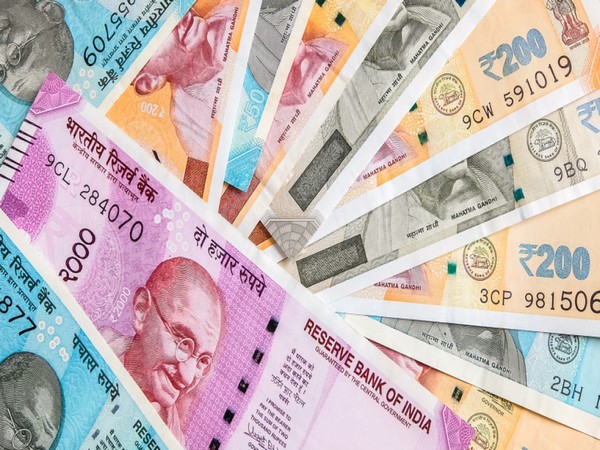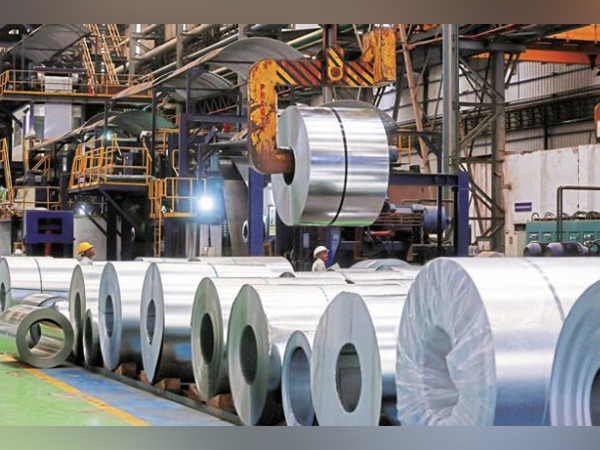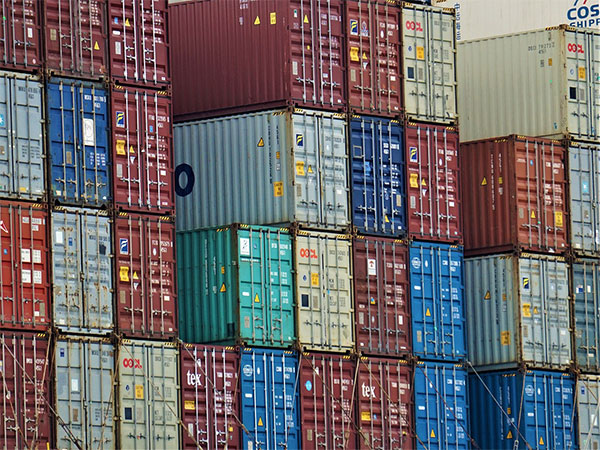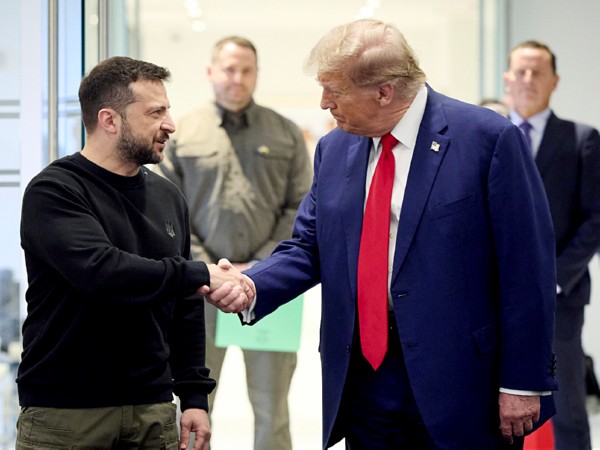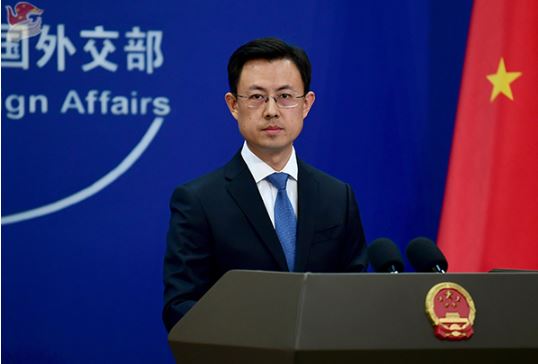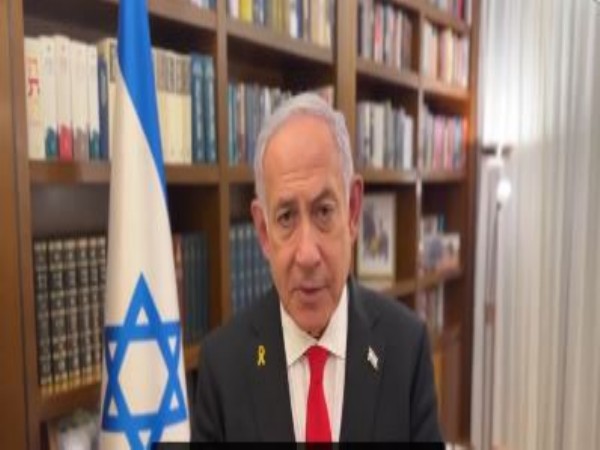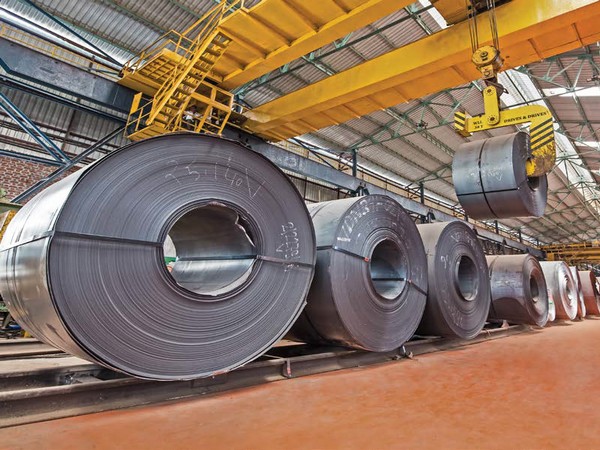
New Delhi [India], February 17 (ANI): If the Indian government imposes safeguard duties on steel imports it will have a limited impact on the domestic steel Industry, says a report by HDFC Securities. The report mentioned that a large portion of steel imports–around 62 per cent–comes from countries with which India has Free Trade Agreements (FTAs) so imports from these countries will have limited impact because of the FTAs.
It said, “the levy of duty would have limited impact as majority of steel (around 62 per cent) is imported from FTA countries at nil duty and any duty hike will not have any impact on these shipments”. The report highlighted that the majority of the steel imports to India come from countries like Japan, South Korea, Mauritius, and the ASEAN bloc which export steel to India at zero duty.
However, the report stated that safeguard duty will play a crucial role in curbing steel imports from China, which is currently dumping steel into global markets at lower prices due to weak domestic demand. With domestic producers struggling, the Indian government is considering to impose safeguard duty as a measure to protect the local industry. If imposed, it will increase the cost of imported steel in the domestic market, making Indian-made steel more competitive.
Additionally, the move is expected to reduce overall steel imports, particularly from China, which does not benefit from FTA exemptions. In short, the report states that the safeguard duty will majorly impact steel imports from China only.
The inflow of cheap Chinese steel has severely affected Indian steel manufacturers, reducing their sales volumes and profit margins. However, industry experts believe that while the duty may provide some short-term relief, it will not completely solve the issue.
From 1mn MT crude steel capacity at the time of independence in 1947, India has risen to become the second-largest producer with 180mn MT capacity by FY24-end.
India’s per capita steel consumption in 2023 stands at approx. 93kg, significantly below the global average of 220kg, highlighting substantial room for growth and opportunities as the country progresses towards increasing urbanisation and industrialisation.
The report also highlighted that the rural per capita steel consumption, which is around 22 kg in 2023, remains below the national average, creating a drag on the overall growth rate. However, with the government prioritizing rural development and increasing investments in rural infrastructure, we anticipate a gradual convergence of rural steel consumption with the national average, driving incremental demand in the sector. National Steel Policy targets to increase India’s per capita steel consumption to 158kg by FY31. (ANI)
UAE-based Ducab Metals Business aims to double export to India in 2025 under CEPA
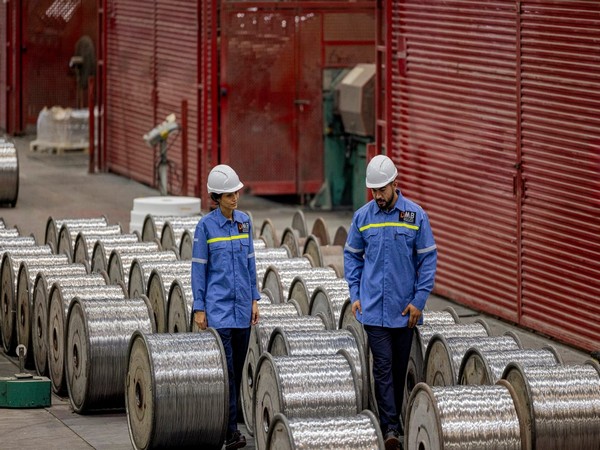
New Delhi [India], February 17 (ANI): UAE-headquartered metal manufacturer Ducab Metals Business is doubling down on India–one of its fastest-growing markets. Currently contributing 25 per cent of its global exports, India is central to the company’s expansion strategy, with plans to scale it up under the India-UAE Comprehensive Economic Partnership Agreement (CEPA) in 2025, the company said in a statement Monday.
India accounts for 25 per cent of its global exports, with the company set to double its presence in 2025, by tapping into India’s industrial transformation.
Ducab Metals Business said it achieved a 12 per cent revenue growth in 2024 globally, with projections indicating a 15 per cent increase in 2025. In terms of volume, the company said that it recorded a four per cent growth in 2024 globally, with an estimated 21 per cent surge in 2025, driven by expanding market demand and strategic business initiatives.
India-UAE Comprehensive Economic Partnership Agreement (CEPA) was signed on February 18, 2022, and it came into effect on May 1, 2022. India and UAE target USD 100 billion in non-oil trade by 2030. Ducab Metals Business asserts that it is the only company in the MENA (Middle East-North Africa) region producing both copper and aluminium, making it a key partner for India’s energy, automotive, packaging, and healthcare industries.
Commenting on India business, Mohamed Al Ahmedi, CEO, Ducab Metals Business, said: “India is a powerhouse of industrial growth, and DMB is committed to being a key enabler of this progress. With rapid infrastructure expansion, increasing demand for sustainable materials, and a thriving manufacturing sector, India presents a tremendous opportunity for us to not just grow, but to innovate and contribute to the country’s economic success.”
The company is confident about its India business, which is further reinforced by its recent strategic acquisition of GIC Magnet, a UAE-based manufacturer.
Ducab Metal Business has a production capacity of 300,000 tonnes per annum. It produces high-quality ETP copper rods, flexible cables, wires and overhead conductors for the electrical industry. The products are exported to more than 75 countries across the Middle East, Africa, Asia, Europe, and the Americas. Ducab Metals Business is a provider of copper and aluminium solutions. (ANI)
